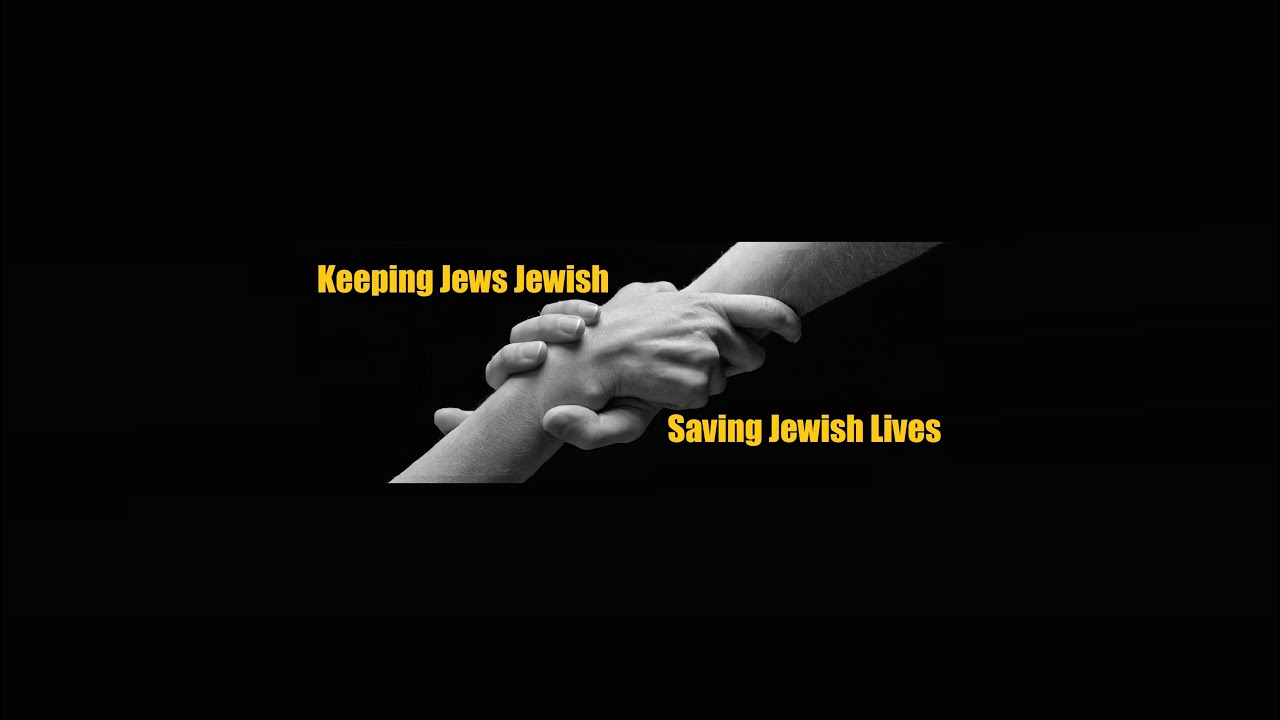“You shall sanctify the fiftieth year and proclaim liberty throughout the land for all of its inhabitants; it shall be the Jubilee year for you…” (Leviticus 25:10)
This verse contains the stirring phrase that was engraved on Philadelphia’s Liberty Bell in 1752.
The passage is referring to the liberation of Hebrew slaves – so why does it speak about freedom for the entire land and all of its inhabitants?
The truth is that in a society where some people are enslaved, the entire society isn’t really free. Being a master over others is itself a form of bondage. Indeed, our sages teach that “anyone who acquires a slave has acquired a master for himself” (Babylonian Talmud, Kiddushin 20a).
The Torah teaches that, “the children of Israel are servants to Me, they are My servants, whom I have taken out of the land of Egypt – I am Hashem your God” (Leviticus 25:55). The Talmud notes, “They are to be servants to Me, and not servants to My servants” (Kiddushin 22b).
A Jewish indentured servant was only supposed to serve their master for six years and then be set free (Exodus 21:2). If, however, at the end of six years he expresses his desire to remain with his master and not go free – his master is required to bring him to the court and bore his ear with an awl (21:5-6). This seems unusual. Normally, it would be an officer of the court who would carry out this kind of procedure. Why is the master put into the uncomfortable position of having to perform this very unpleasant deed.
Rabbi Yisrael Salanter suggests that the owner was almost certainly guilty for allowing and fostering a dependent relationship between his servant and himself. He really had the responsibility to not allow this to happen but to instill a sense of self-esteem and independence in his servant. The court procedure thrust upon him is a kind of reproof for allowing a co-dependent relationship to develop. Facilitating the extinguishing of what should be his servants natural desire for freedom and independence does a disservice to his servant and ultimately to society as a whole.
It is only upon freeing its slaves that a society as as a whole is liberated. And it is only when a society does away with the institution of slavery that it becomes a truly free society. (Based upon the Pnei Yehoshua)



